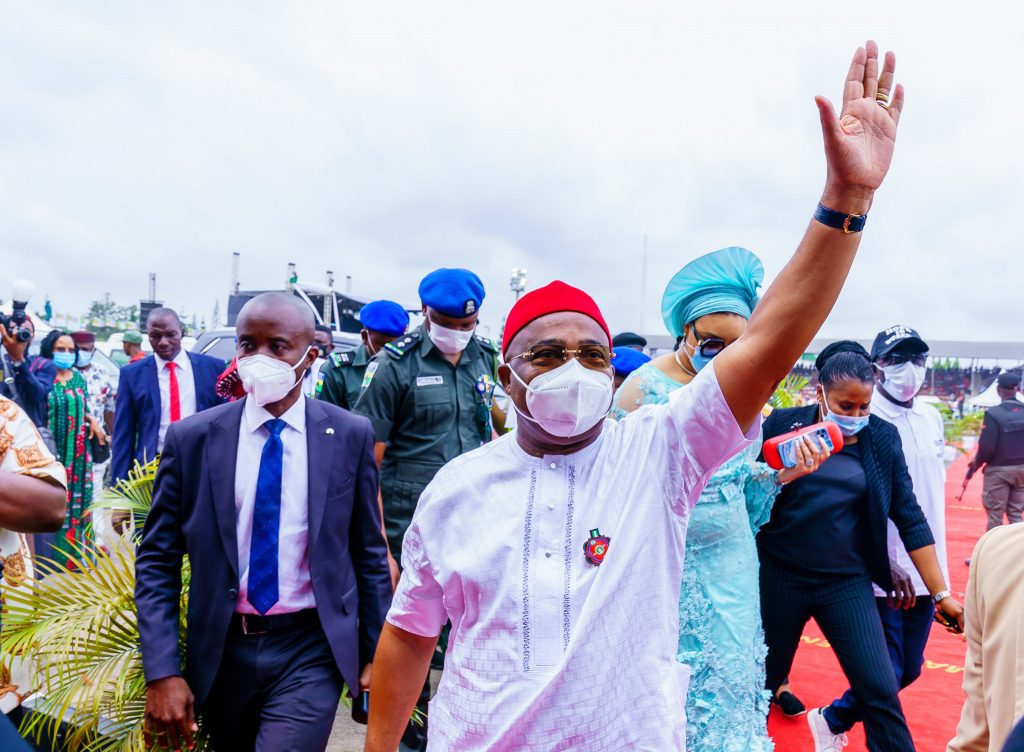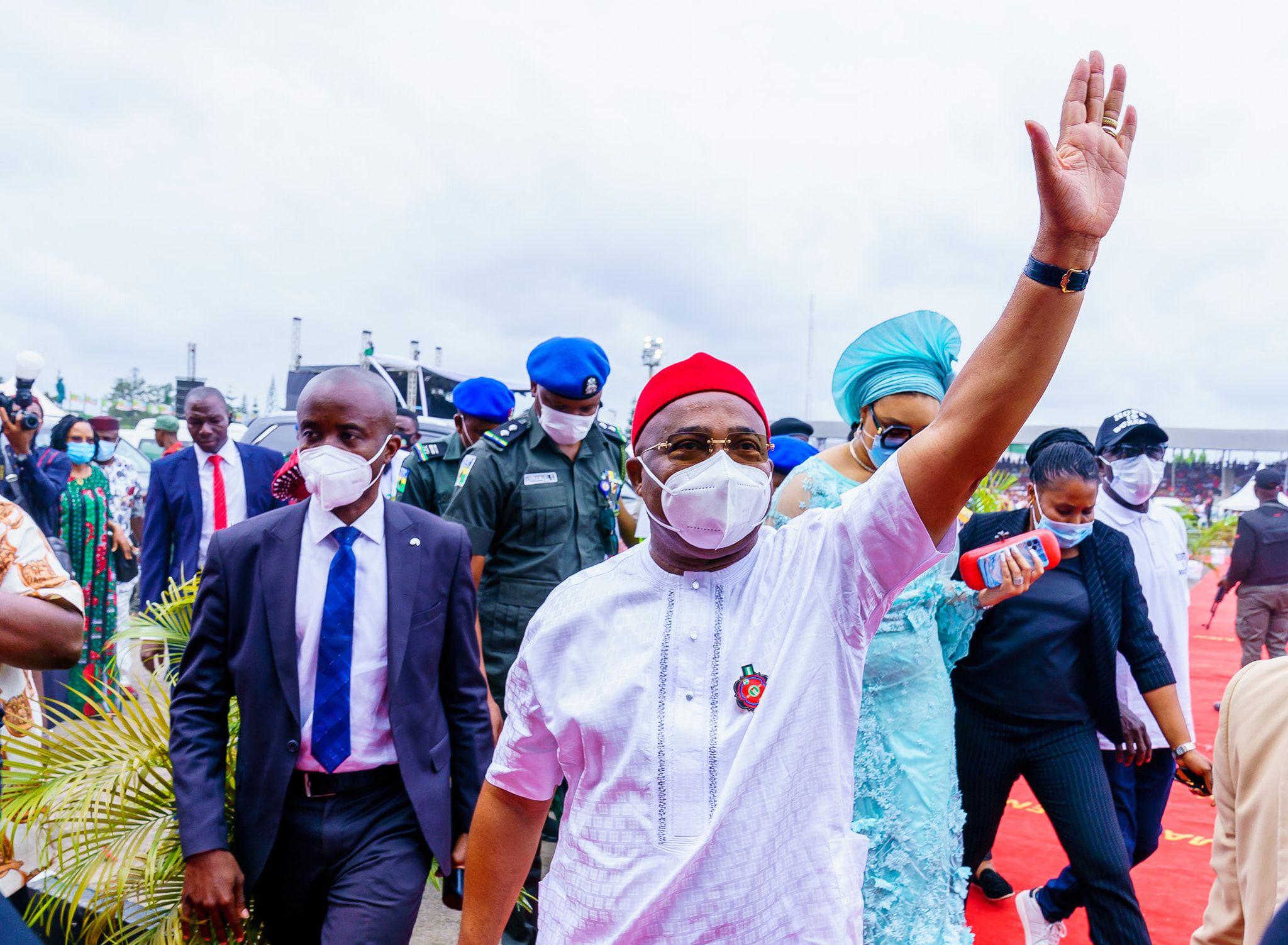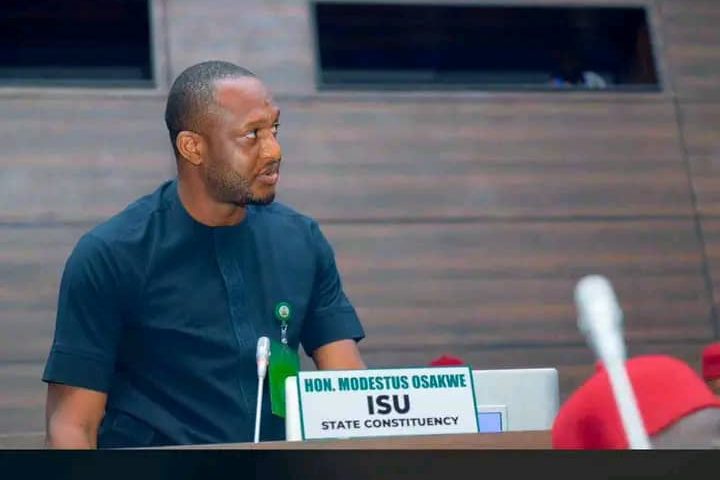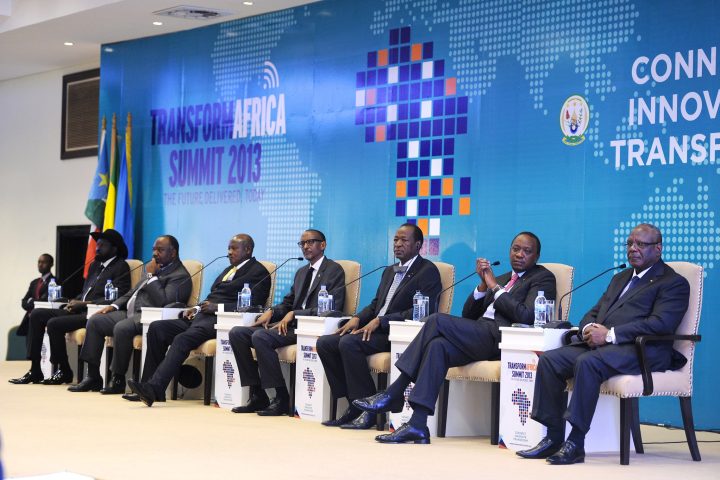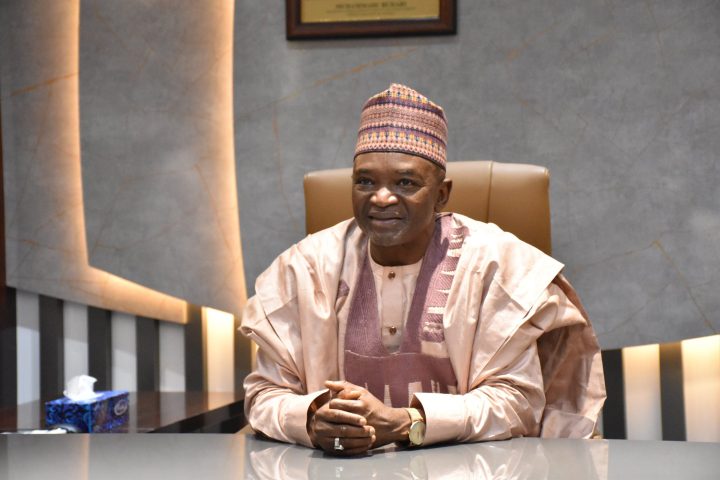A trouble is a private matter and occurs when values cherished by an individual are felt by him to be threatened, while Issues have to do with matters that transcend the local environments of the individual. So when values cherished by the public are felt to be threatened, then there is an issue because that is a communal matter.
If only one man is unemployed In a city of 100,000, that is his personal trouble, and for a solution, we investigate the character of the person, his skills and his immediate opportunities, but when in a nation of 50 Million people we have 15 Million that are unemployed, that is an issue and we may not hope to find its solution within the range of opportunities open to any individual, this signifies that the very structure of opportunities has collapsed.
In the above scenario , both the correct statement of the problem and the range of possible solutions, require us to consider economic and political institutions of the society and not merely the personal situation and character of individuals.
In the early 20th century sociologists typically associated social problems such as unemployment, crime, poverty with deviant individuals. As a result when they sought to solve social problems, they focus on changing individual behaviour, although this approach is still alive today, sociologist had by and large arrived at a different understanding.
By the mid-century, sociologist turned away from an emphasis on individuals to a consideration of the social structures of nation’s organisations and institutions such as corporations, governments and the media for an understanding of the possible factors influencing social inequalities.
Sociologists has come to define social problems as problems that concern large numbers of people, have social structural causes, and require social-structural solutions. This approach remains fundamental to the sociological perspective. It was a step forward from the individualistic approach. Because by finally demonstrating that social problems have structural causes, sociologist helped to steer the people away from unproductive scape-goating of individuals to an awareness of the need for social change.
When a problem affects a large number of people, we must look beyond individuals to social structures-the larger economic, political, and social patterns of a society, we cannot solve the problems of a society that is structurally flawed by changing individuals one at a time.
We live in a world where people are increasingly interconnected and so are their problems, people in USA lose their jobs when factories are moved to nations where wages are lower. In Brazil people lose their homelands when the rain forests are cut down to make furniture for the world market,these are pointers to for one to look beyond what is being seen as a problem to determine its influencing factors.
For over a decade, Nigeria has been fraught with insecurity challenges, from Boko Haram and their ISWAP counterparts to Bandits and unknown gun men, in the midst of all this, the statistics of unemployed youths and graduates in the nation has been rising to an alarming rate, the basic development infrastructures like electricity to enhance the industrialization of the nation in order to create employment opportunities has been lacking, thereby crippling other efforts to drive the economic resurgence of the 7th most populous nation in the world.
It’s a fact that the issue of insecurity in the nation has invincible social sponsors like poverty and unemployment, these contributes to frustration and anger that can result to one taking to armed robbery, kidnapping or pitching tent with agitators calling for dissolution of the nation under the guise of revolutionaries thereby creating more panic in the society.
Leading nations of the world are undergoing a process of modernization, encompassing changes such as industrialization, urbanization, and growing social complexity in the modernization perspective. Insecurity in Nigeria and Imo are social problems inherent in Nigeria, and as a social problem, can be seen as failures in modernization. For example, in today’s world societies that fail to industrialize will be poor and conflict ridden. On an optimistic note, this perspective suggests that these problems can be solved through government intervention to lead society on the road to modernization.
So many of today’s social problems are global in nature, we cannot hope to solve them by focusing on individual nations, ISWAP that are recently credited with killing of Shekau the Boko Haram leader , is an offshoot of a globally recognised terrorist network.
On this premise,Senator Hope Uzodinma and other Governors facing insecurity challenges are also victims of the same circumstance with the people they govern, because the challenge cannot be resolved successfully by an individual, but with modernistic social approaches strong enough to trigger a paradigm shift among the populace,that can feed them with hope and dreams that are far better than for them resorting to violence.
The Nigerian government has to understand that insecurity in the nation requires a proactive economic plan, accompanied by a wealth of opportunities to help engage its people in productive activities that can help them to dream of a better tomorrow.
Prisons and Electric Chairs in nations like USA have not stopped the crimes associated with drugs and gun violence, so equipping Nigerian Military and Police Force with exotic weapons will not end insurgency faster than creating an enabling environment that will help the people to dream would.
The Insecurity in Imo and its concomitant hazards that has been successfully arrested as a situation was inherited from Nigeria by Senator Hope Uzodinma, the Unknown Gun-men issue is related to other inherent negative social factors in other parts of Nigeria as well as other nations outside of Nigeria.
The best he can do for Imo and his people is to create a wealth of opportunities like he is doing, recently he empowered 15,000 Imo youths with a seed of 250,000 Naira each, after completing their entrepreneurial skills. That is a good step in the right direction but will not end the issue until the entire political leadership of Nigeria accelerate the steps towards industrialization, and create not just opportunities but an enabling environment to help their people dream differently.
Insecurity in Nigeria Is not a national problem as most people think but rather trans-national, Nigeria need to look beyond its borders for insurgents, as well as overhauling its economic plan to totally eliminate this visible and invisible enemy.
Senator Hope Uzodinma as Governor of Imo State is innocent just like every one of us that has not chosen violence, guns and grenades as means of conversing with our fellow Nigerians, leadership sometimes comes with tough and unpleasant decisions and the Governor has not retreated from them having consistently chosen the ones that serves the interest and safety of Imo people first.
Before we start apportioning blames and looking for whom to blame for the uncertainties that has ravaged our communities in this short time, we need to remember that we are citizens in a global world that we do not control. Insecurity in Nigeria and Imo, are social problems that unemployment, poverty of opportunities and lack of basic amenities to enhance the survival of an individual will remain its unseen sponsors.
